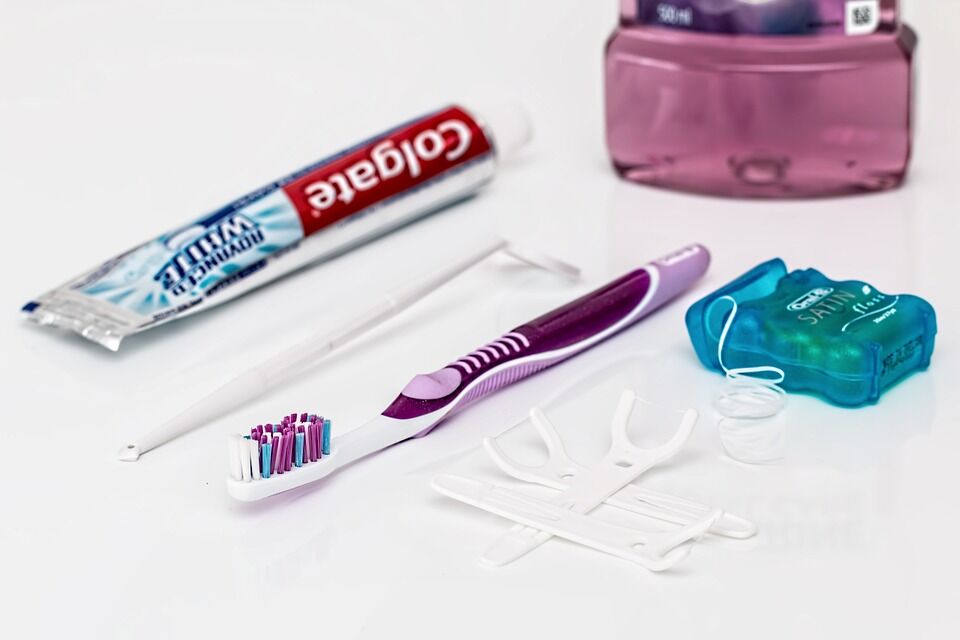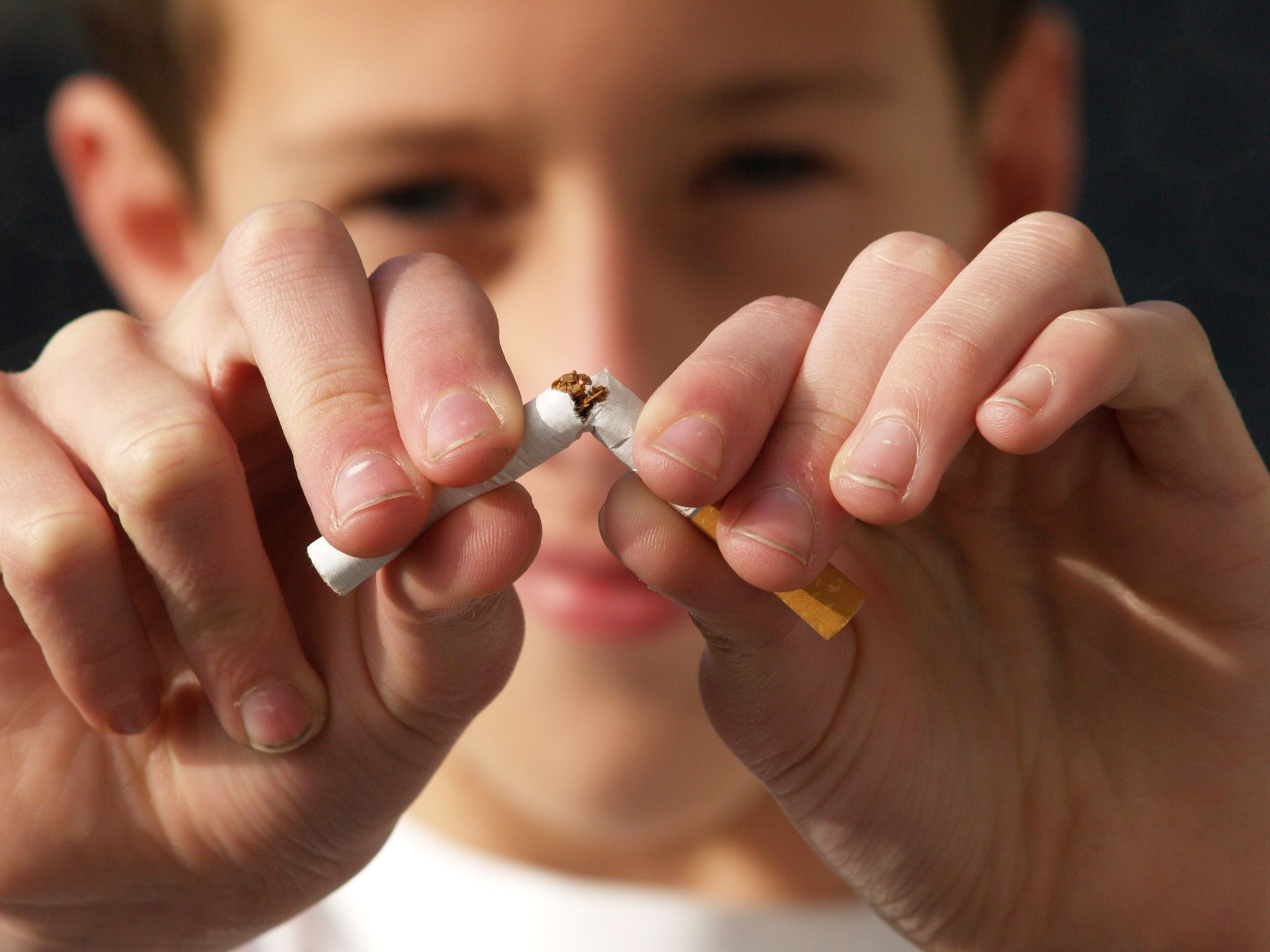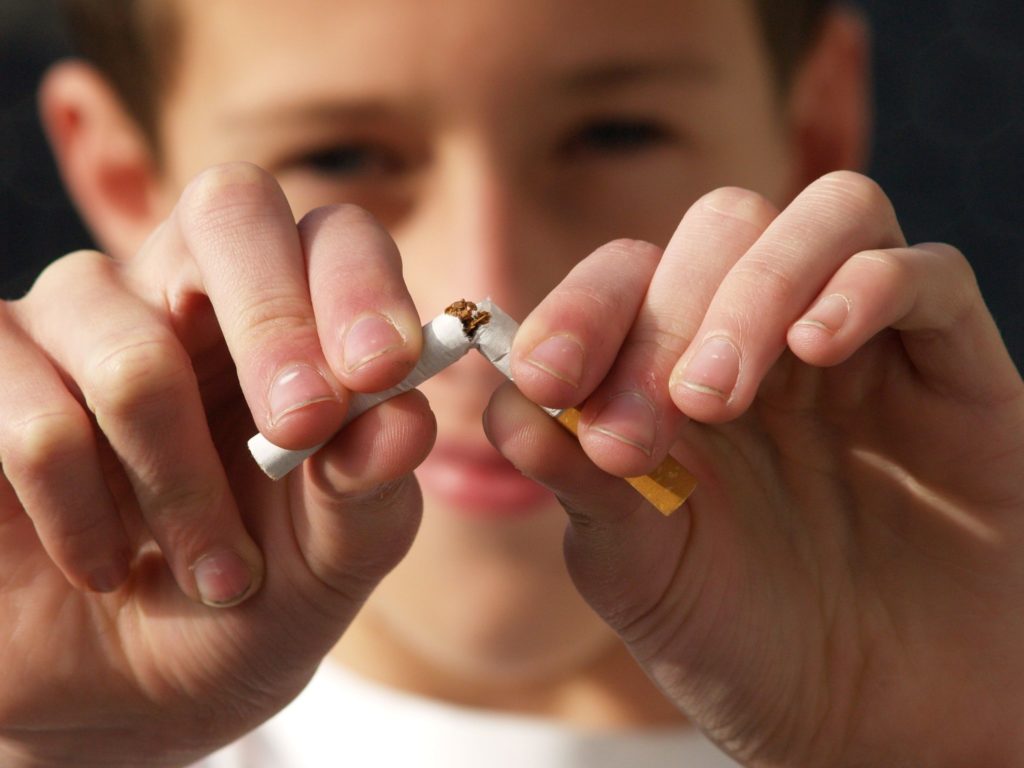We often have visitors to our office ask about solutions for fixing stained teeth or filling in gaps between teeth. We sometimes suggest veneers. Veneers are one cosmetic option available for correcting your smile. Here’s what you should know about veneers, and whether they are right for you and your smile.

What Are Veneers?
A Veneer is a thin cover placed over the front of the tooth. Typically, they are made of dental porcelain and designed to cover your existing tooth, not replace it.
What They Do
Veneers are used to fix a broken or chipped tooth, shrink the noticeable gaps in between teeth, or reduce the visible stains on teeth. Our office specially sizes them to fit your teeth. Generally, the structure of your teeth is not altered since the veneers are placed over your teeth.
What You Need to Know
Those who get veneers sometimes experience a minor increase in sensitivity, particularly to hot or cold food and drinks. Veneers are typically nonreversible, as they often require a small amount of tooth enamel to be removed. After getting them, it is advisable to avoid drinks such as wine, coffee, or tea that are often culprits of causing staining. Taking care of them still requires you to brush twice each day and floss regularly as well. Your teeth are not invincible to staining or decay so be sure to continue to take care of them.
It is important to know that veneers are a solution to minor tooth issues such as discoloration, gaps, or misaligned teeth. They are not a substitute for braces, bridges, or other dental work. Schedule a visit to our office to meet with our dentist. Together our team can work with you to develop a plan to reach the goals and look you are hoping to achieve.
For more information on how to achieve the smile you have dreamed of, contact our Hartington dentist. We look forward to seeing you during your next visit with Family 1st Dental of Hartington!
















